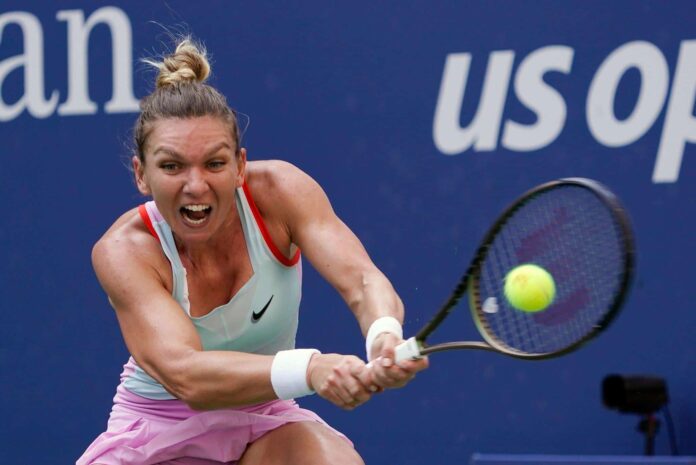Two-time Grand Slam tournament winner Simona Halep has been successful in her appeal to the Cas Court of Arbitration for Sport. She was banned for a long time for doping, but is now allowed to play again
The International Court of Arbitration for Sport (Cas) has reduced Romanian tennis player Simona Halep’s doping ban from four years to nine months. This means that the former world number one can play again with immediate effect.
The 32-year-old had challenged a ban imposed on her by the International Tennis Integrity Agency (Itia) for violations of the anti-doping program in tennis and has now been partially successful, as the Cas announced. Halep had applied for the ruling to be overturned.
“My sincere thanks to my legal team, whose unwavering belief and exceptional commitment have been instrumental in overcoming these turbulent times,” Halep wrote on Instagram: “I look forward to closing these chapters and getting back on tour with renewed vigor and spirit.”
The two-time Grand Slam tournament winner (2019 Wimbledon, 2018 French Open) had tested positive for doping during her participation in the US Open in August 2022. She was found to have the banned substance roxadustat, which was included in the World Anti-Doping Agency’s 2022 Prohibited List. A second charge related to irregularities in her biological athlete passport. Halep had originally been banned until October 2026. As a result of the Cas ruling, the ban now expired in July 2023
Cas: Violation not intentional
The Cas found an anti-doping rule violation, but after “careful consideration” followed Halep’s account that the banned substance “entered her body through the consumption of a contaminated food supplement (…)”. And further: “As a result, the Cas Panel concluded that, on the balance of probabilities, Ms. Halep was also able to establish that her anti-doping rule violations were not intentional.”
A hearing had previously been held in London on June 28 and 29 of last year, at which scientific experts from both sides had been heard, among others, Itia announced last fall. The court ruled that Halep had intentionally violated the anti-doping program.
Halep had always maintained her innocence in both cases and explained the positive doping sample by saying that she had been the victim of contamination. Although the court accepted this argument, it also found that the amount allegedly taken by the player could not have led to the concentration of Roxadustat found in the doping sample, Itia announced at the time.







